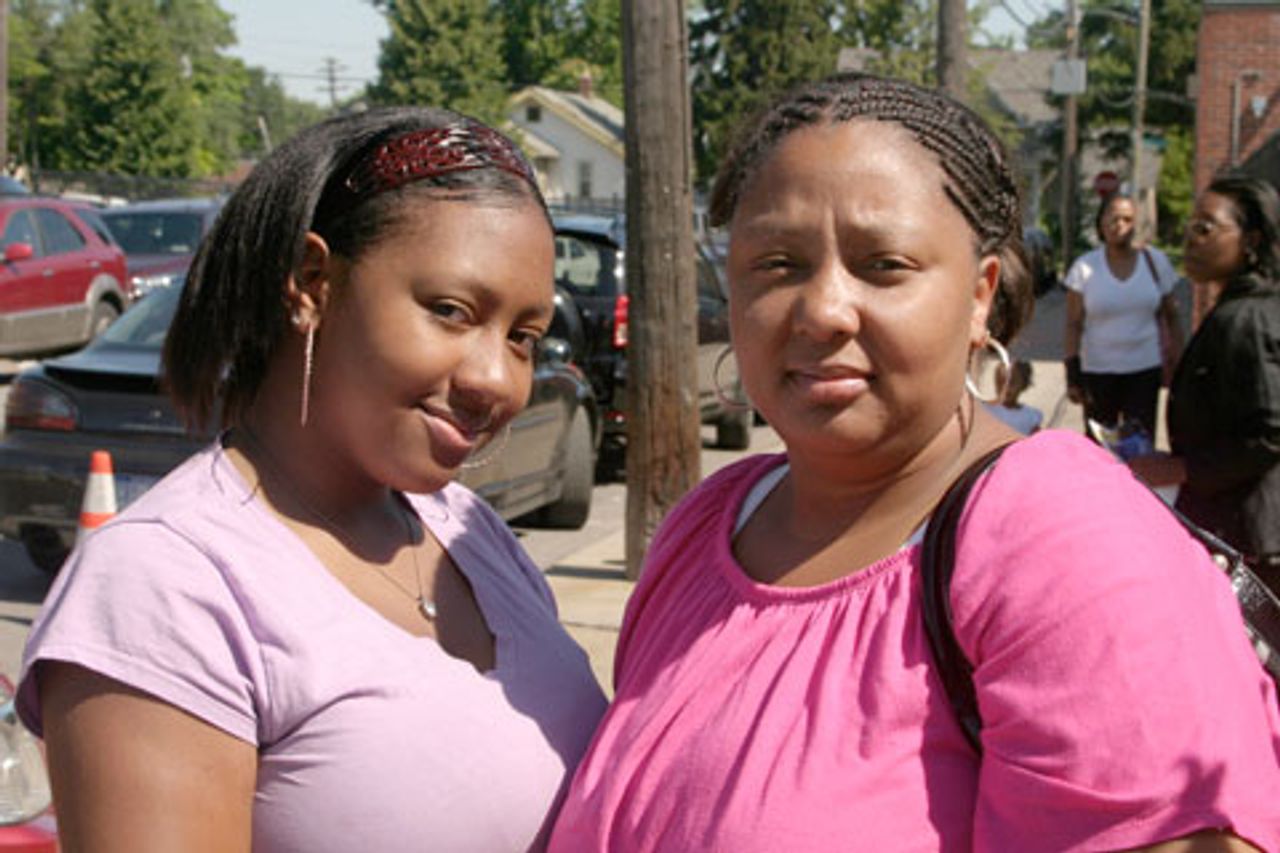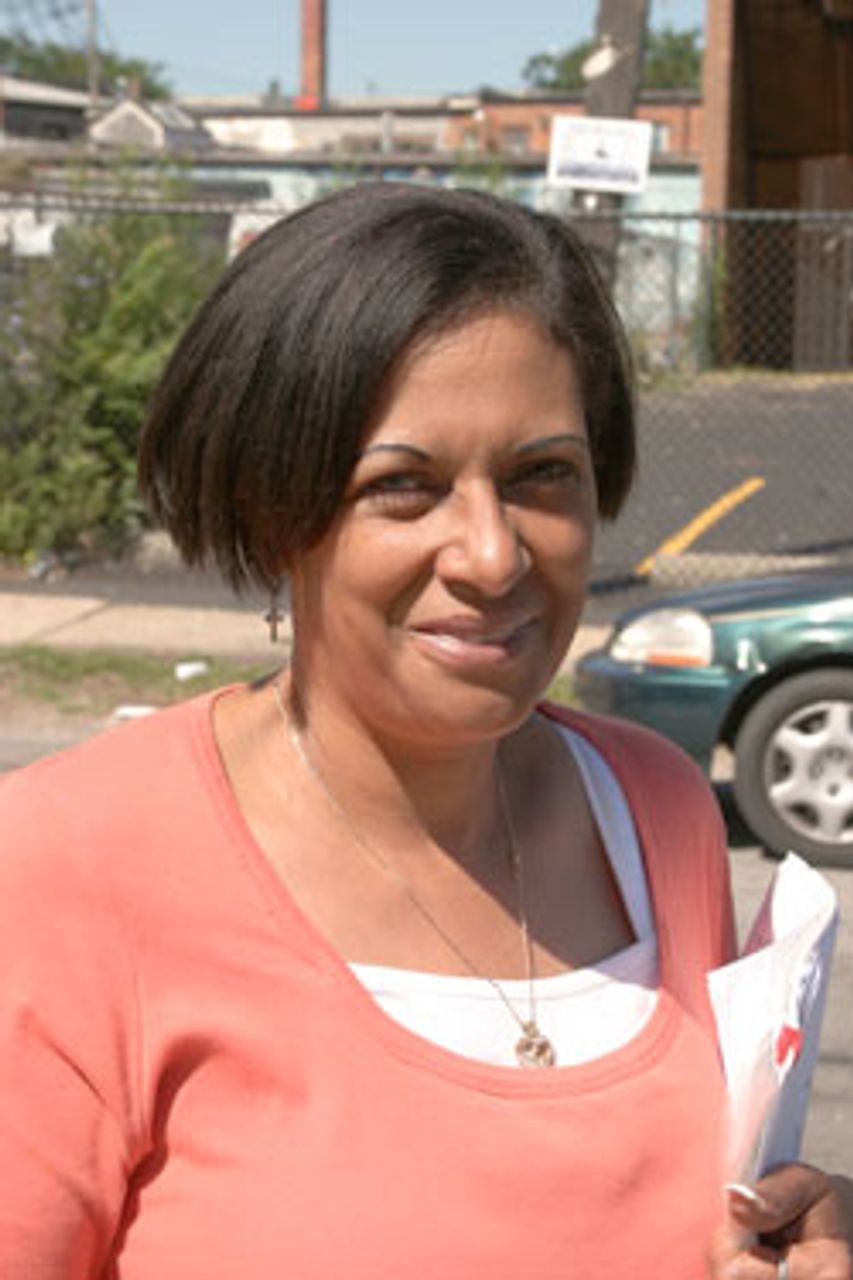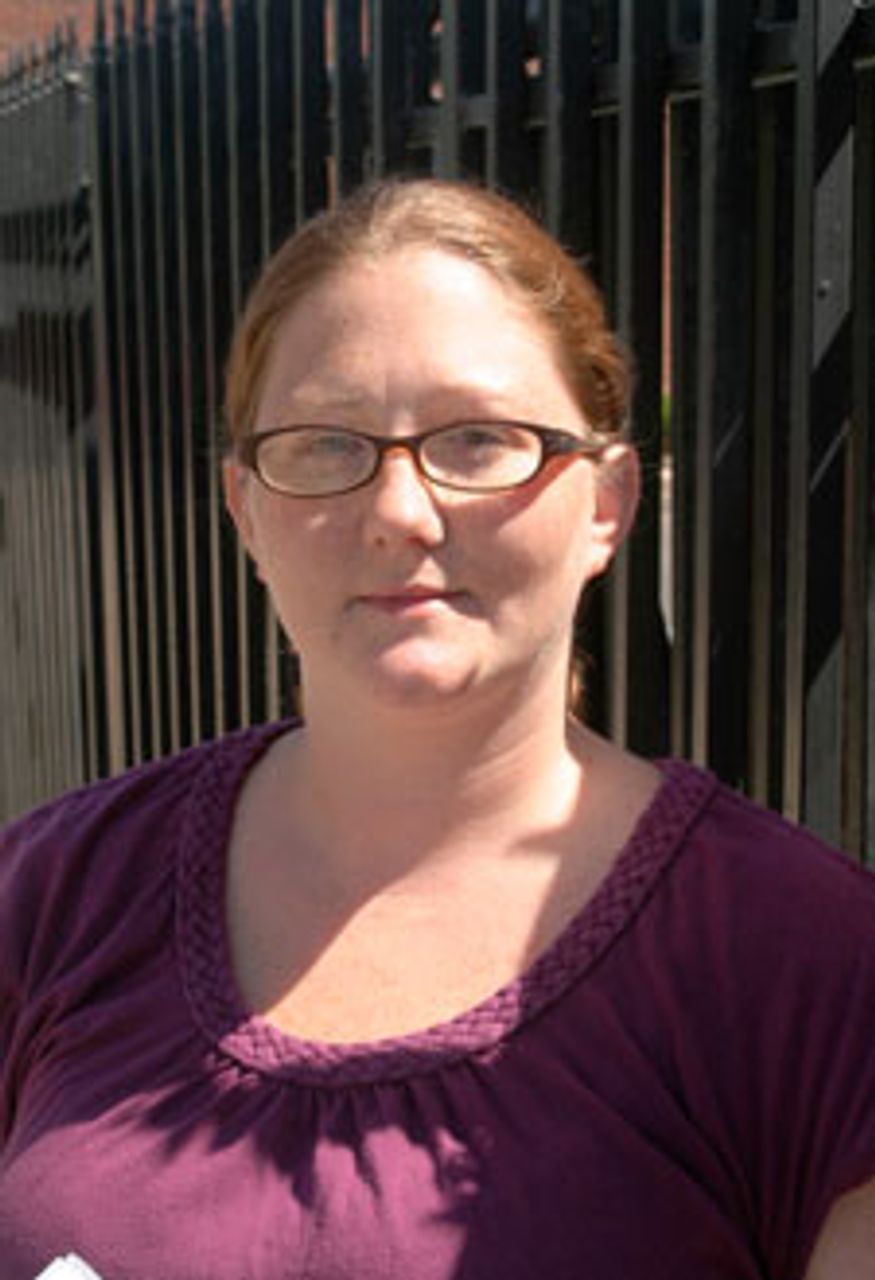Recent figures, obtained by the World Socialist Web Site from the Michigan Public Services Commission (MPSC), confirm the unrelenting and inhuman policy of utility shutoffs in the State of Michigan, despite the well-publicized series of deaths last winter as a direct result.
There are two primary gas and electricity companies in Michigan: DTE Energy, a merger of Detroit Edison (electricity) and Michigan Consolidated (gas), and Consumers Energy, also a combined gas and electric company. DTE, the larger of the two, is the main service provider for southeast Michigan, including Detroit.
According to MPSC’s monthly statistics, between January and May 53,040 households had their electricity turned off by DTE and another 31,729 had their gas service disconnected. Consumers Energy put 42,398 electricity customers in the dark during this period and disconnected another 35,200 gas customers. Altogether 84,769 DTE customers saw their utilities turned off during the first five months of the year compared to 77,598 homes by Consumers, a whopping total of 162,367 households.
The myth that utility companies are not allowed to shut off utilities in the winter is disproved by the MPSC statistics. January—one of the coldest months of the year—had the highest number of shutoffs for 2010, with 36,831 shutoffs between the two utility giants. On average, 30,000 households faced shutoffs each month of the five-month period.
Moreover, these figures may understate the crisis. In January of this year, DTE informed the WSWS that 142,000 of their customers were shut off in 2008 and 221,000 in 2009, a 50 percent increase over 2008. (See “Three die in Detroit house fire”) The MPSC statistics would indicate a yearly average of 17,000 shutoffs a month, which is lower than the reported rate of 18,000 a month last year. All indications point to an increase of shutoffs, not a decrease. We could not confirm the accuracy of the information from the MPSC, as DTE has stopped speaking to the WSWS following our campaign in opposition to the shutoffs and their deadly consequences.
Michigan has the second highest unemployment rate in the US, at 13.2 percent, down from a high last year of 13.9 percent. One of the reasons for the fall in the rate, however, was the large number of people, over 40,000, who gave up looking for work.
Detroit has a real unemployment level of nearly 50 percent, when the underemployed and those on part time are added.
The consequences became the most evident when the extreme cold season hit Michigan last winter. On January 5, with temperatures below freezing, three people who had been living without utilities for over a year died in a home on Dexter Avenue in Detroit. The deaths included two wheelchair-bound brothers—Marvin Allen, 62, and Tyrone Allen, 61—and Lynn Greer, 58. On March 2, with snow still on the ground, three children of Sylvia Young died in a house fire on Bangor Street. Killed in that fire was Trávion Young, 5, Fantasia Young, 4, and Selena Young, 3. Hours earlier, DTE had cut off gas and electricity to the home over the protests of the children’s mother.
The primary cause of utility shutoffs is the inability of workers to pay the chronically high energy bills workers face. Michigan utility companies have been granted huge hikes in rates to consumers, offsetting their loss of industrial business, by the rubber-stamp MSPC. Additionally, most of Detroit’s housing stock was built 50-75 years ago and is not weatherized, leading to many bills at $500 a month and more.
So far this year eleven people have died in house fires in Detroit where the utilities were turned off.
 LaDonna Fleming with her daughter
LaDonna Fleming with her daughterLaDonna Fleming, an unemployed mother we spoke to at the Department of Human Services told the WSWS her feelings about the utility bills she has to pay. “It is crazy. The bills are just too high. You can’t afford to pay them,” stated LaDonna, who said she was living without utilities for three and a half months last year.
“You have a choice, water or DTE. It is almost impossible when you have everything else to take care of.”
When asked how much she owes for her utilities she said it is presently $2,000. “It was $3,000. I am presently on a ‘shutoff plan. ’ If I miss a single payment or am a day late they come and shut you off. In fact I try to pay on the 28th, one day before because they will not help you if you are shut off.
“It used to be that DTE would help you. But they don’t anymore.”
 Vilma Jones
Vilma Jones“I have a shutoff notice with me,” stated Vilma Jones. “My bill is $433 and I am unemployed. I am one of the ones who face being shut off if they don’t extend the unemployment benefits. And look at what has happened. Congress will not be back until later in the month. So what are we supposed to do until that time?
Vilma was laid off from Providence Hospital where she worked as a supervisor. “ I have never been unemployed in my life before this. I have put in applications everywhere in the medical field, but no one is hiring.”
Vilma took a leave of absence when her mother became ill. When she went back to work she became ill. “Later the company said they had to let me go.”
“The girl that replaced me is making half the wage that I made,” stated Jones. “They want double the work for half the pay. How can someone live with the wage that I made 21 years ago? They are hiring people in at $8, $10 an hour, plus no benefits. It’s terrible when you can’t get medical benefits and work for doctors.”
 Robin Kuczynski
Robin KuczynskiRobin Kuczynski is a homemaker and stay-at-home mother who sympathized with those who face shutoffs.
“I think it is ridiculous, especially for people who are elderly or that children have to live in a home without utilities.”
“This is not just the case with DTE. I have my utilities with Consumers, and they do the same thing. If you are behind they will cut you off.”
I believe that you make a good faith effort, say you pay $20 on a $300 bill, they should not cut you off. I fully believe that people don’t pay for a good reason—they just don’t have the money.”
“There should be help for people, especially the elderly and people with kids. Something really has to be done.”
